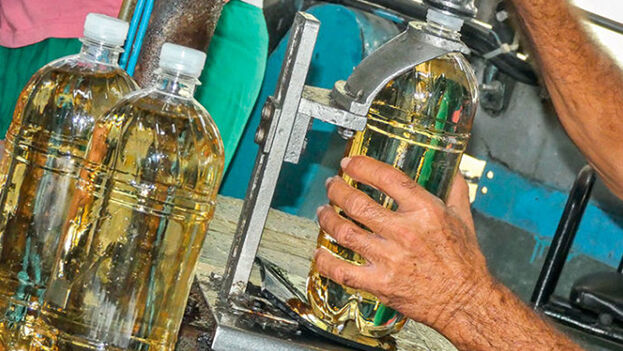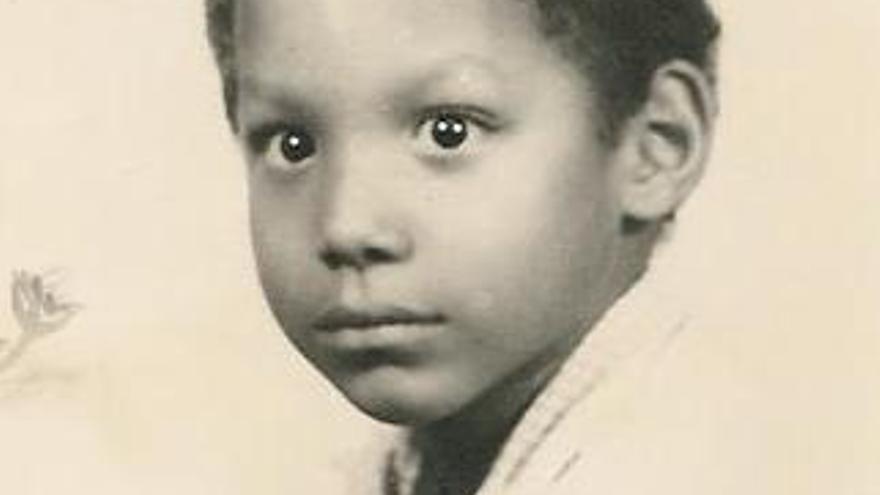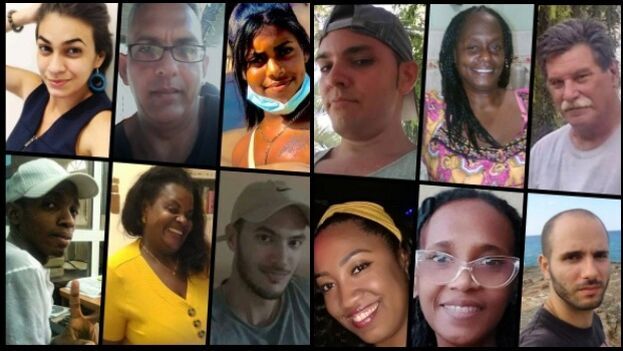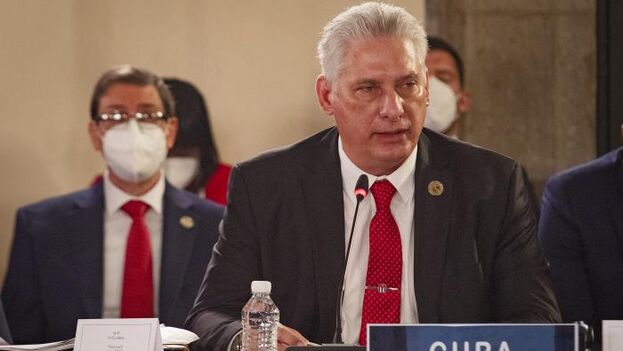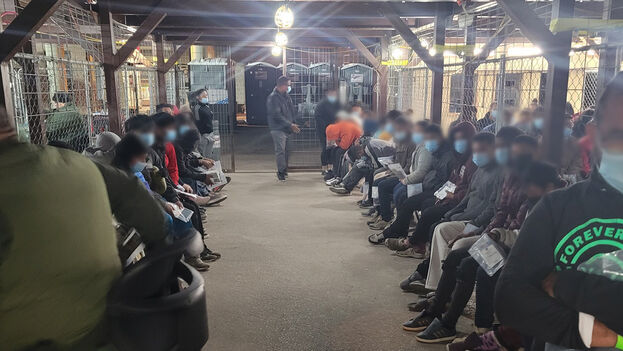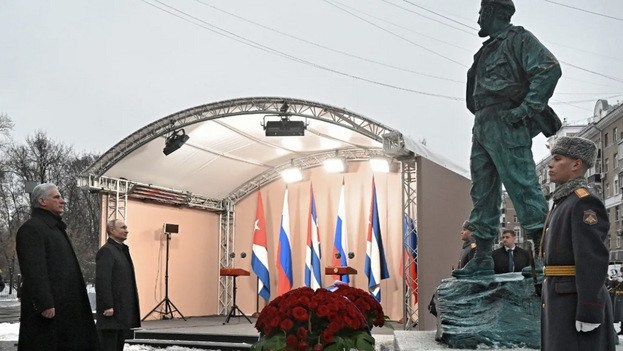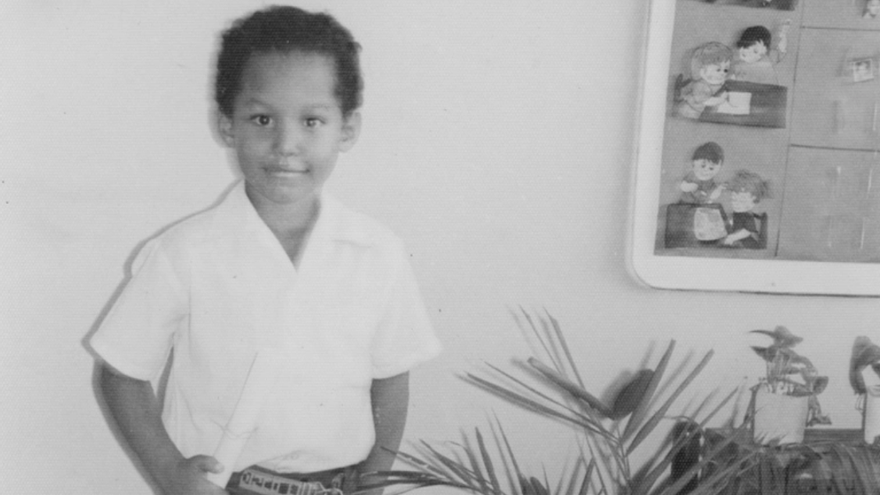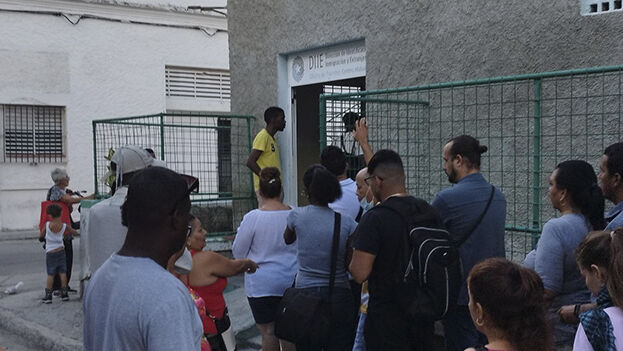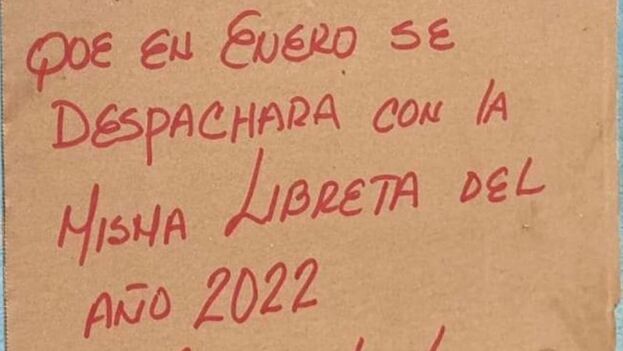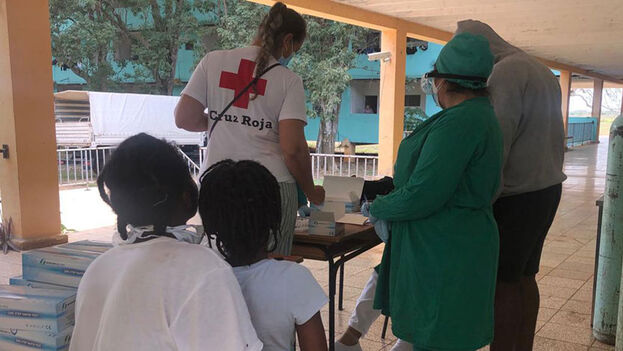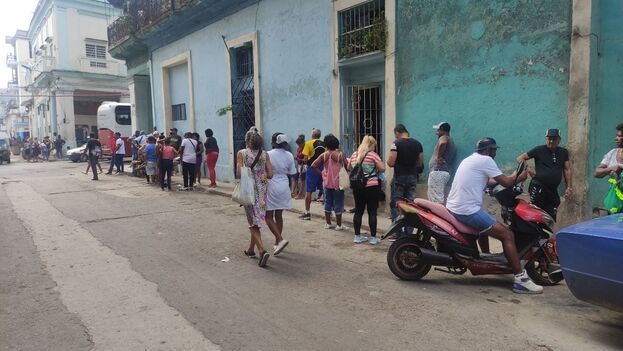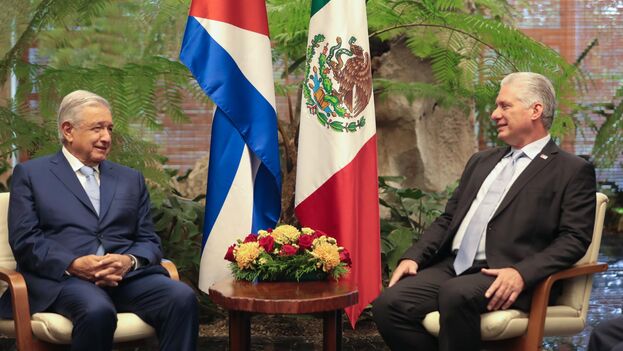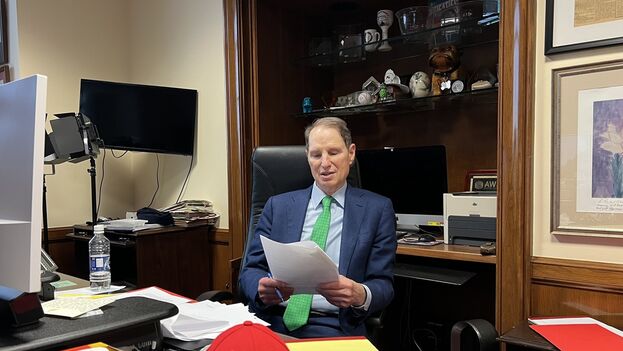
![]() 14ymedio, Havana, 31 December 2022 — Cuban opponents Martha Beatriz Roque Cabello and Julio Ferrer Tamayo met this Friday morning with US Democratic Senator Ron Wyden visiting Havana. “The topic of the conversation was the political prisoners and their relatives,” Roque wrote through her Twitter account.
14ymedio, Havana, 31 December 2022 — Cuban opponents Martha Beatriz Roque Cabello and Julio Ferrer Tamayo met this Friday morning with US Democratic Senator Ron Wyden visiting Havana. “The topic of the conversation was the political prisoners and their relatives,” Roque wrote through her Twitter account.
Wyden, who two days before held a meeting with Cuban president Miguel Díaz-Canel, met with the opponents at the residence of the US Chargé d’Affaires in Cuba, Benjamin Ziff. Roque and Ferrer described to the senator the current situation of political prisoners and their families.
Roque explained to the Cuba al día program on Radio and Television Martí that Wyden “is one of the people who wants a rapprochement with the dictatorship.” The two dissidents used the time of the meeting, of more than an hour, to “talk about the political prisoners and their families, in addition to touching on some specific cases.”
“We are trying to explain to him that in this situation that the country is experiencing, not only the prisoners suffer, but the families of the prisoners also suffers,” said the president of the Cuban Center for Human Rights. “There are families whose only support was through the person who is imprisoned.” continue reading
“We have prisoners who are denied all kinds of benefits,” lamented Roque. “All these things we explain to him in detail.” The opposition member says that the senator’s father “was under the boot of the Nazis and he firmly believes that the human rights situation must be improved” in Cuba.
“He was very receptive,” explains Roque. “I think that he is not going to leave this problem like that, but rather that he is going to transfer it to the different Senate committees in which he is going to participate.” The former political prisoner warned Wyden that “in order to take any step in relations between the two countries, political prisoners must be taken into account.”
The senator for the state of Oregon is the chairman of the Senate Finance Committee and in February 2021 he presented the United States-Cuba Trade Act 2021 to repeal the sanctions against the Government of the Island and try to normalize relations between both administrations.
During the month of December, three other Democratic representatives visited Havana. Congressmen James McGovern, Troy Anthony Carter and Mark Pocan met with the island’s authorities with the aim of moving towards the “normalization” of bilateral relations, according to the Cuban Parliament.
Last November, a bipartisan delegation from the United States Congress made up of three members of its agricultural committee met in Havana with Vice President Salvador Valdés, legislators and Cuban farmers.
The Prisoners Defenders organization, in its latest monthly report, exposed the “inhuman repression” that “dominates Cuba since 9/11.” The organization denounced that with the 24 new arrests in November, the Cuban government keeps a total of 1,034 political prisoners in jails.
Hoy, junto con el abogado Julio Ferrer, fuimos recibidos por el senador Ron Wyden, demócrata por Oregón q se encuentra de visita en Cuba. El tema de la conversación fueron los presos políticos y sus familiares
— Martha Beatriz Roque (@marthabroque) December 30, 2022
____________
COLLABORATE WITH OUR WORK: The 14ymedio team is committed to practicing serious journalism that reflects Cuba’s reality in all its depth. Thank you for joining us on this long journey. We invite you to continue supporting us by becoming a member of 14ymedio now. Together we can continue transforming journalism in Cuba.

